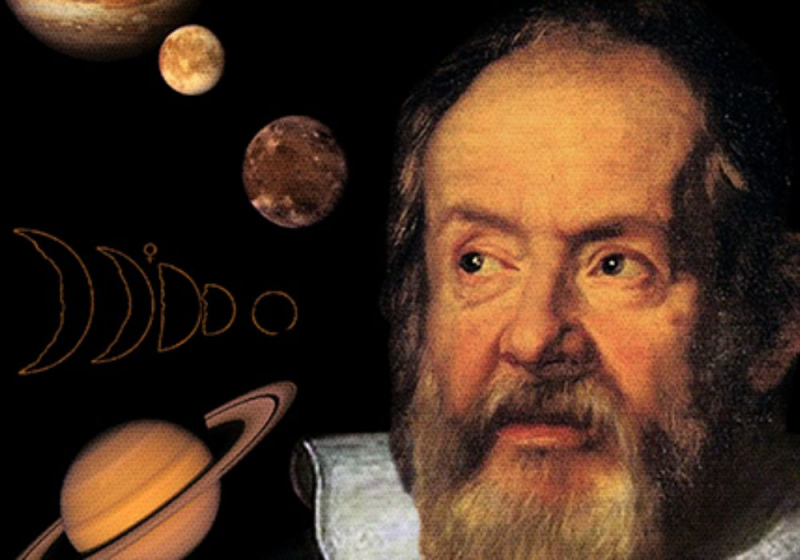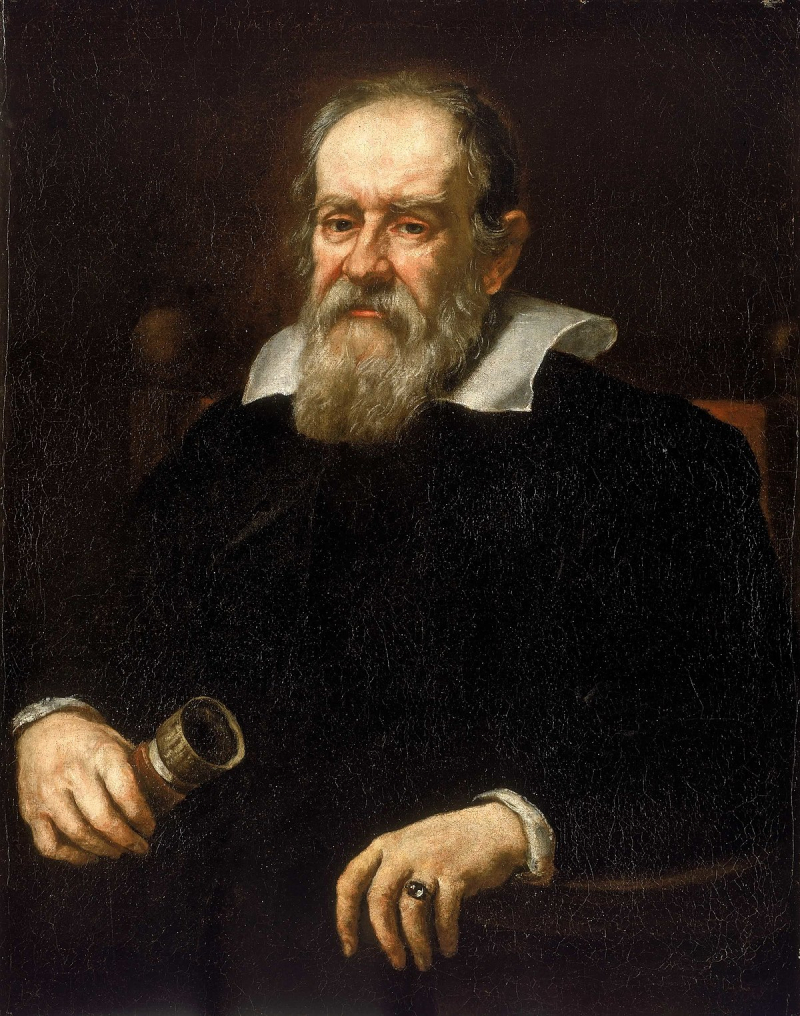Galileo
Italian-born Galileo Galilei was a Pisa-based physicist, astronomer, and engineer. He underwent Catholic baptism when he was four years old. He was an avid maker at a young age. He was always creating tiny, amusing devices to amuse his teachers and acquaintances. Later, he relocated to Florence, where his father had found a stimulating atmosphere for intellectual development.
Galileo grew up during the height of the Renaissance. Everyone soon came to understand his genuine potential as a keen observer and God-gifted mind. He had learned observation and experimentation techniques from his father's lectures, and he had mastered the use of logic and religion in a monastery.
Galileo's discoveries about motion, trajectory, and the law of falling bodies had a tremendous impact on the study of motion. He made a significant contribution to science by developing a mathematical method for locating natural facts. His invention of the telescope completely altered the system and provided evidence for the heliocentric theory. He was the first to assert, at great personal risk, that the Earth orbited the Sun, in defiance of the church and conservatism. He was condemned for disobeying the church, yet he is well regarded today.
Born: February 15, 1564
Died: January 8, 1642 (aged 77)
Notable Works: “Dialogue Concerning the Two Chief World Systems - Ptolemaic and Copernican”; “The Sidereal Messenger”












